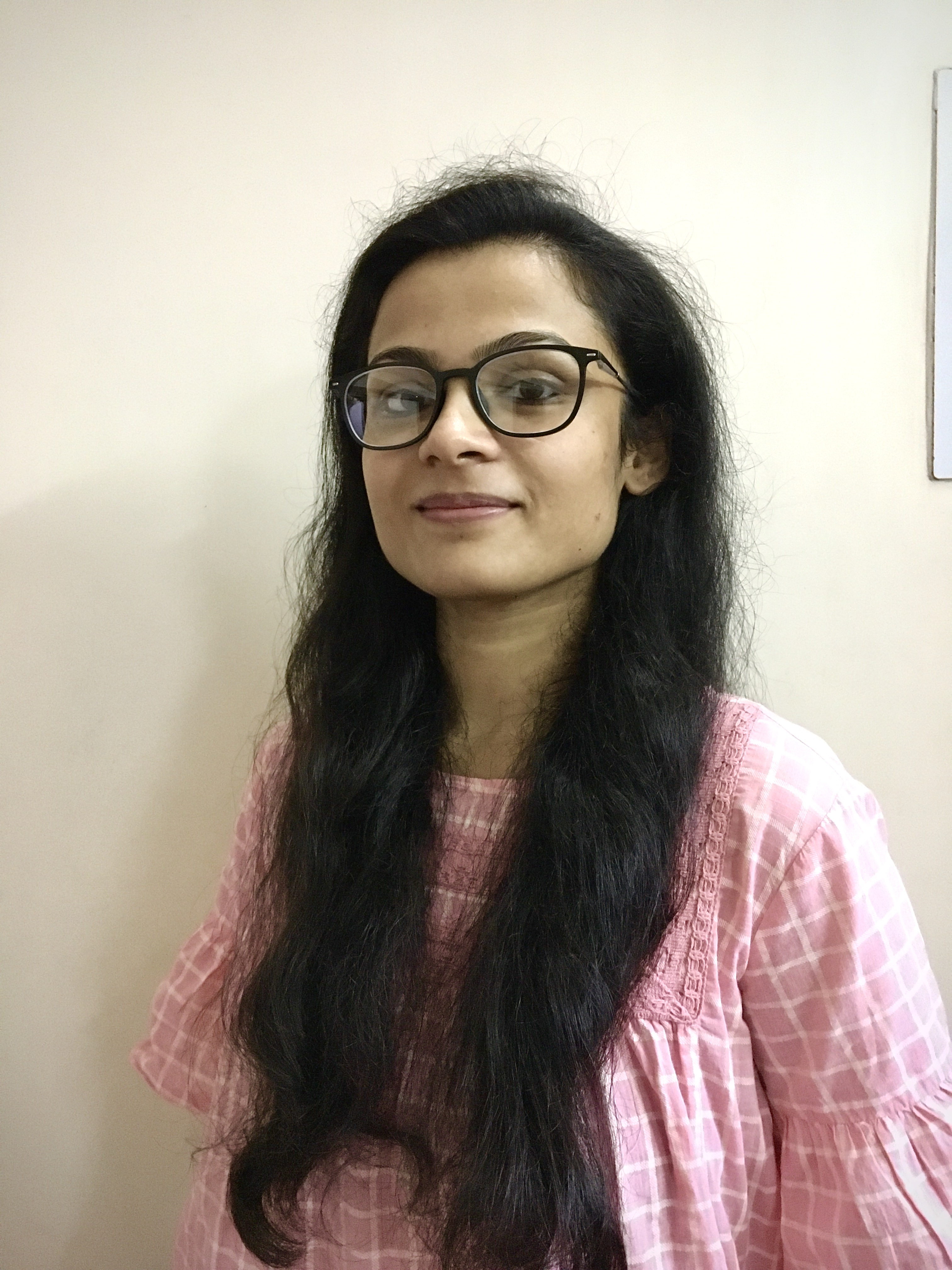
India is home to over 11 million people suffering from glaucoma. It is also the primary reason for blindness. Despite the severity of this eye disease, it largely remains undiagnosed. The reason is there are absolutely no visible symptoms during the early stages of the disease. Glaucoma can have a severe impact on a person’s life. It also affects a large number of Indians. Hence, information is crucial. Thus, to understand the disease deeply, Onlymyhealth spoke to Dr. Prateep Vyas, Medical Director, Centre for Sight, Indore, Madhya Pradesh.
5 Things To Know About Glaucoma
Here are five things you should know about glaucoma:
1. What Is Glaucoma?
Glaucoma is an eye condition in which the optic nerve gets damaged and, if left unmanaged, can cause blindness. The optic nerve is responsible for sending images to the brain, explained Dr. Vyas. Glaucoma results from an increase in the pressure inside the eyes, known as intraocular pressure. If left untreated or not managed properly, it can cause irreversible vision loss and complete blindness.
- Glaucoma generally develops later in a person’s life.
- It runs in families, which means it can be hereditary.
It is a progressive disease, hence, it “must be treated all through the patient’s life,” the doctor said.
2. Early Intervention Is Crucial

(Photo Credit: Freepik)
You must consult an ophthalmologist if you experience the following symptoms:
- Narrowing of the vision
- Pain
- Redness in the eyes
- Seeing halos around the eyes
In glaucoma, the optic nerve gets damaged as:
- The pressure inside the eye gets elevated due to the build-up of a fluid called aqueous humour, which flows inside the eye.
- When new aqueous humour is made, the old one is drained out. This is how pressure inside the eye is maintained.
- When the fluid isn’t drained out properly, it causes build-up that, in turn, damages the optic nerve, causing glaucoma.
As already stated, patients experience no symptoms at the onset of this disease. Hence, it is crucial to go for regular eye check-ups to rule out glaucoma or other eye-related ailments.
Also read: Vitamin B could help cure Glaucoma
3. Glaucoma Types

(Photo Credit: Freepik)
It is of the following types:
- Generally, in all cases of glaucoma, optic nerves get damaged due to elevated eye pressure.
- However, in some cases, it happens despite normal pressure inside the eye. It is called normal-tension glaucoma (NTG).
The doctor diagnoses the type after carrying out certain tests.
4. Glaucoma: Risk Factors
Multiple factors can put you at risk of glaucoma.
- Age: Among all the glaucoma-related risk factors, age is the primary one. In some people, the fluid doesn’t get drained well with age causing build-up.
- Family History: Genetics also plays a role here. Hence, if you suffer from it, encourage your family members to get checked too, and vice versa.
- Myopia: Near-sightedness, or myopia, is another risk factor for glaucoma.
- Others: Those suffering from diabetes or high blood pressure can also develop glaucoma over time.
Since this disease doesn’t exhibit any symptoms during the onset, you must go for regular eye check-ups if you have any of the risk factors.
Also read: 8 Simple Natural Remedies To Prevent Glaucoma
5. Is Glaucoma Curable?
There is no cure for glaucoma. However, if detected early, it can be managed well with medicines and surgery to prevent further vision loss. But it is crucial to follow the doctor’s advice thoroughly to manage the condition well.
Glaucoma exhibits no symptoms at first. However, if at risk or otherwise, you must go for regular eye check-ups to rule out the condition. If detected early, with medicines and surgery, it can be managed well with no further vision loss.
(With inputs from Dr. Prateep Vyas, Medical Director, Centre for Sight, Indore, Madhya Pradesh)
Photo Credit: Freepik







